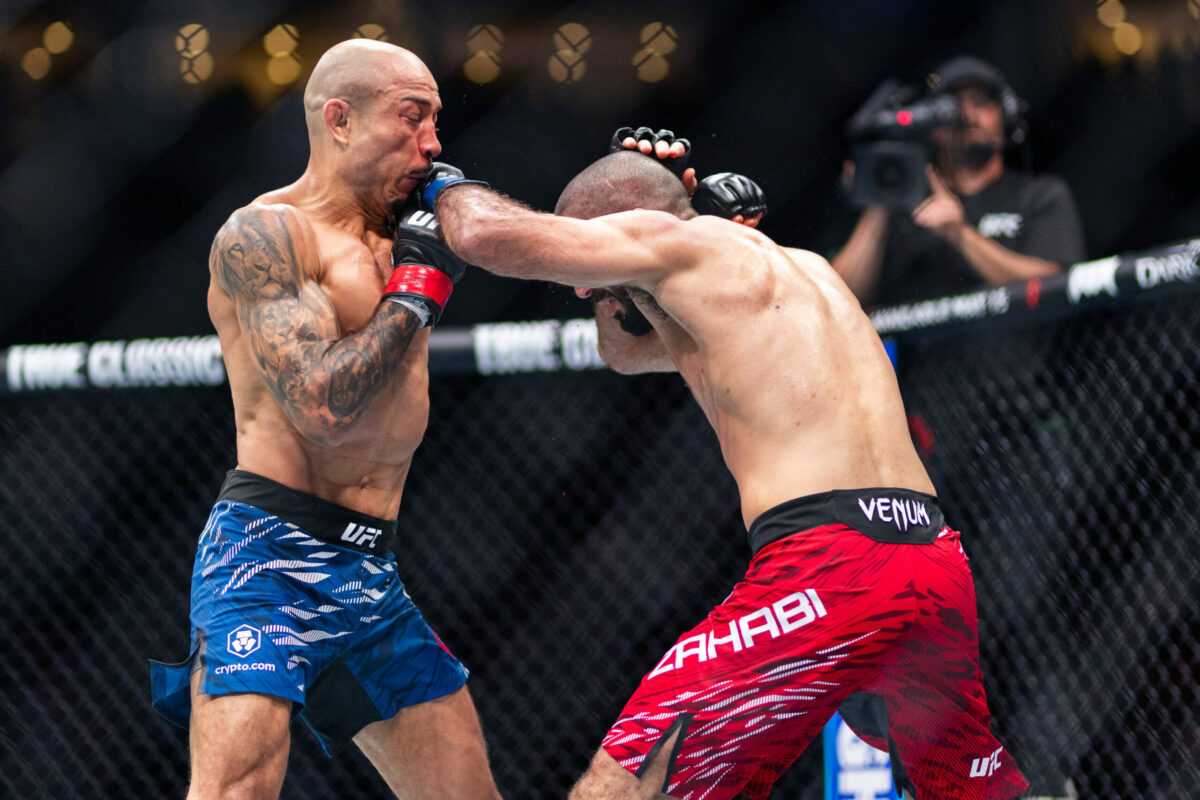The Fighter’s Twilight: Navigating Life After the Octagon
The lights dim. The roar fades. The adrenaline that once coursed through your veins becomes a distant memory. For elite MMA fighters, retirement isn’t just leaving a job—it’s abandoning an identity forged in blood, sweat, and global admiration.
When I look at the haunting emptiness in former champions’ eyes during interviews, I can’t help but wonder: How do you replace something that defined your entire existence?

The Brutal Reality of Fighter Retirement
The transition from being a superstar in professional MMA to the quiet life of retirement ranks among life’s most jarring psychological shifts. One day, you’re fighting in front of 20,000 screaming fans; the next, you’re standing in line at Starbucks and nobody knows your name.
UFC legend Georges St-Pierre once told me, “Fighting is like a drug. When you stop, you go through withdrawal. Your brain craves that rush, that validation, that purpose.”
The Three Phases of Fighter Retirement
Based on conversations with dozens of retired fighters, I’ve noticed a pattern most go through:
- Denial – The “I can still compete” phase where fighters refuse to accept their declining skills
- Desperation – The identity crisis where they frantically search for something to fill the void
- Reconstruction – Finally rebuilding a life and identity beyond fighting
Unfortunately, many fighters get stuck in phase two, leading to the darker statistics we rarely discuss.
The Hidden Costs of Glory
The financial and physical toll of retirement hits fighters especially hard. Unlike the NFL or NBA, most MMA athletes don’t retire with millions in the bank. Many face:
| Post-Career Challenge | Percentage of Retired Fighters Affected |
|---|---|
| Chronic Pain | 78% |
| Financial Difficulties | 65% |
| Depression | 51% |
| CTE Symptoms | Unknown (Estimated 30-40%) |
The physical toll alone is staggering. Imagine waking up every morning with joints that feel like they belong to someone 30 years older. Now add the stress of figuring out how to pay bills without your fighting income.
Success Stories: Fighters Who Thrived After the Cage
Not all post-fighting journeys end in tragedy. Some fighters have masterfully navigated the transition:
- Forrest Griffin – From UFC champion to executive at UFC headquarters
- Rich Franklin – Became an executive at ONE Championship after his fighting career
- Brendan Schaub – Built a successful podcasting career despite criticism from Dana White
The common thread? They all began planning their exit while still competing. They understood that fighting careers are sprints, not marathons.
The Mental Game of Retirement
Chuck Liddell once told me something that stuck: “The hardest punch I ever took wasn’t in the octagon. It was realizing I wasn’t ‘The Iceman’ anymore. I was just Chuck.”
That identity crisis hits differently for fighters. Their entire self-worth becomes wrapped up in their fighting ability, their ranking, their winning streak. When that disappears, who are they?
What the UFC Could Learn from Other Sports
The NFL has its Player Care Foundation. The NBA has its Retired Players Association. What does the UFC offer its retired warriors?
Not nearly enough.
While Dana White occasionally hooks up former fighters with opportunities, there’s no structured program to help these athletes transition to civilian life. No financial planning assistance. No career development. No health insurance for life-altering injuries sustained while making the company billions.
The Next Chapter: Finding Purpose Beyond Fighting
For fighters reading this who see retirement on the horizon, I offer this advice from those who’ve walked the path:
- Start planning now – Even if you’ve got years left, build skills and relationships outside fighting
- Invest wisely – That fight money needs to last longer than you think
- Find a new passion – Nothing replaces fighting, but other pursuits can provide meaning
- Stay connected – The fight community can be your support system
Randy Couture perhaps said it best: “Fighting is what I did, not who I am.”
The Fight That Never Ends
The harshest reality? For many fighters, the toughest battle begins when the cage door closes for the final time. It’s a fight against irrelevance, against financial hardship, against the physical breakdown of a body pushed beyond human limits.
Yet it’s also a fight that can be won with the right preparation, support system, and mindset.
For every cautionary tale like Ken Shamrock, there’s a Michael Bisping building a successful commentary career. For every tragic ending, there’s a Demetrious Johnson thriving as a Twitch streamer and businessman.
The question isn’t whether fighters can succeed after retirement. It’s whether we as fans, promoters, and the industry as a whole will give them the tools they need to do so.
What do you think? Should the UFC do more to support retired fighters? Have you followed any fighters’ post-career journeys? Let me know in the comments below.
Source: MMA Sucka

